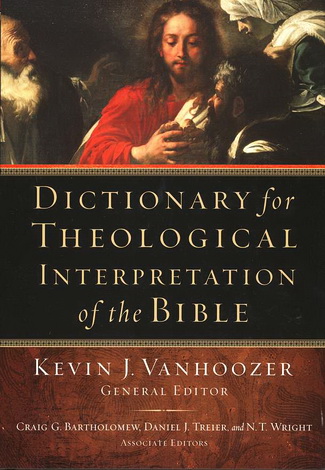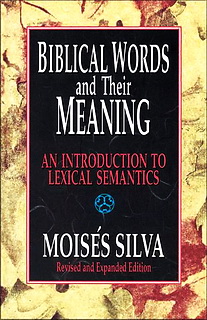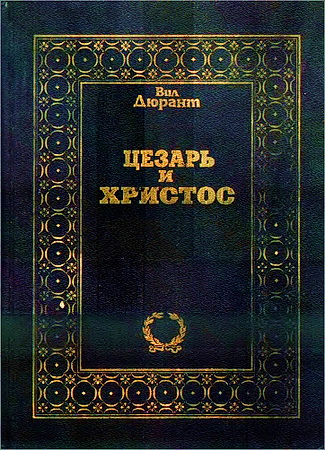
Silva - Biblical Words and Their Meaning
In 1935 it seemed that the work of British and American Semitists—most of whom were primarily interested in Old Testament interpretation-was founded “upon the shifting sands of superficial resemblance and sporadic analogies,” not “upon the firm rock of scientific method.”1 In his lively presidential address to the American Oriental Society, Roland G. Kent claimed that research in comparative Semitic grammar had ignored the scientific methods worked out by the Indo-Europeanists of the nineteenth century. He took sharp issue, for example, with C. F. Burney’s assumption that n and l should be considered equivalent in dealing with Semitic roots; Kent remarked that we could just as easily “assume from some scattered Indo-European words that the nude is ipso facto, etymologically, the lewd.” And again, after reviewing a certain linguistic argument by C. J. Ball, Kent tells us that it is all “nonsense.”
The next few decades saw much progress in the specific area of Semitic linguistics.However, they also saw the growth of a new movement, “Biblical Theology,” which created the need for another linguistic rebuke. Concerned with the original revelation of the Bible, theologians insisted that we must lay off our Western thought and lay bare the genuine Israelite and Christian faith. But many of them, convinced that this original situation manifested itself in the very structure of language, began to read off theology from Hebrew and Greek morphology, syntax, and etymology. Finally in 1961 James Barr spoke his piece.
Moisés Silva - Biblical Words and their meaning : an introduction to lexical semantics
1983, 1994 by Moisés Silva
Zondervan.
EPub Edition MARCH 2010
ISBN: 978-0-310-87151-4
Moisés Silva - Biblical Words and their meaning : an introduction to lexical semantics - Content
1. Bible—Language, style.
2. Bible—Hermeneutics.
3. Language and languages—religious aspects.
Moisés Silva - Biblical Words and their meaning : an introduction to lexical semantics - Preface
Authors of an earlier century who filled title pages with neverending qualifications knew what they were doing. How can one adequately describe the contents of a book in one or two phrases? The present work, for example, makes the pretension of covering the broad field of word meanings in the Bible, a task that cannot be executed in one volume without oversimplifying the material. But on the other hand, unsuspecting readers who have not given much prior thought to linguistics may notice the subtitle and decide to tackle the book, only to wonder what my brand of semantics has done to the simple word “introduction.”
It is possible for students innocent of modern linguistics to understand this book—provided they like a challenge. In the interests of such students I have supplied summaries for each chapter, a glossary, and a brief, annotated bibliography. Furthermore, a special effort has been made not to introduce new concepts without some explanation. Of necessity, however, these definitions are rather compressed, for it did not seem appropriate to make this book an elementary text in general linguistics. Those readers are thus most likely to enjoy and profit from this work who, recognizing the importance of the subject, have already acquired some understanding of standard linguistic concepts.
This introduction is intended for theological students who are familiar with the basic issues and methods of biblical scholarship and who know the elements of Greek and Hebrew, although a knowledge of the latter is not essential (Hebrew words are always transliterated; moreover, sections that presuppose acquaintance with Semitics may be skipped without losing the flow of the argument). A second-year seminary student should have no difficulty following and appreciating the material discussed here. I even cherish the hope that advanced students of linguistics, though unfamiliar with biblical scholarship, may profit from seeing their discipline applied to the ancient documents that constitute the Bible.
The chapters that follow aim at establishing the theoretical foundations that are logically prior to the development of procedure and thus should be regarded as a contribution to general hermeneutics (theory), not, at least not primarily, to exegetical method (practice). To be sure, examples and various kinds of illustrations are used repeatedly; moreover, certain parts of the book (portions of chaps. 1, 2, 6, and the conclusions) include material that has a direct practical bearing. Still, the dominant concern embraces principles and scientific assumptions. Any how-to manual that shortcuts these issues thereby invalidates itself. As a concession to the flesh, however, I should point out that chapters 3-5 need not be mastered before a reader can profit from the rest of the work.





Комментарии (1 комментарий)
Здравствуйте, перезалейте, пожалуйста, файл, ссылка не открывается.